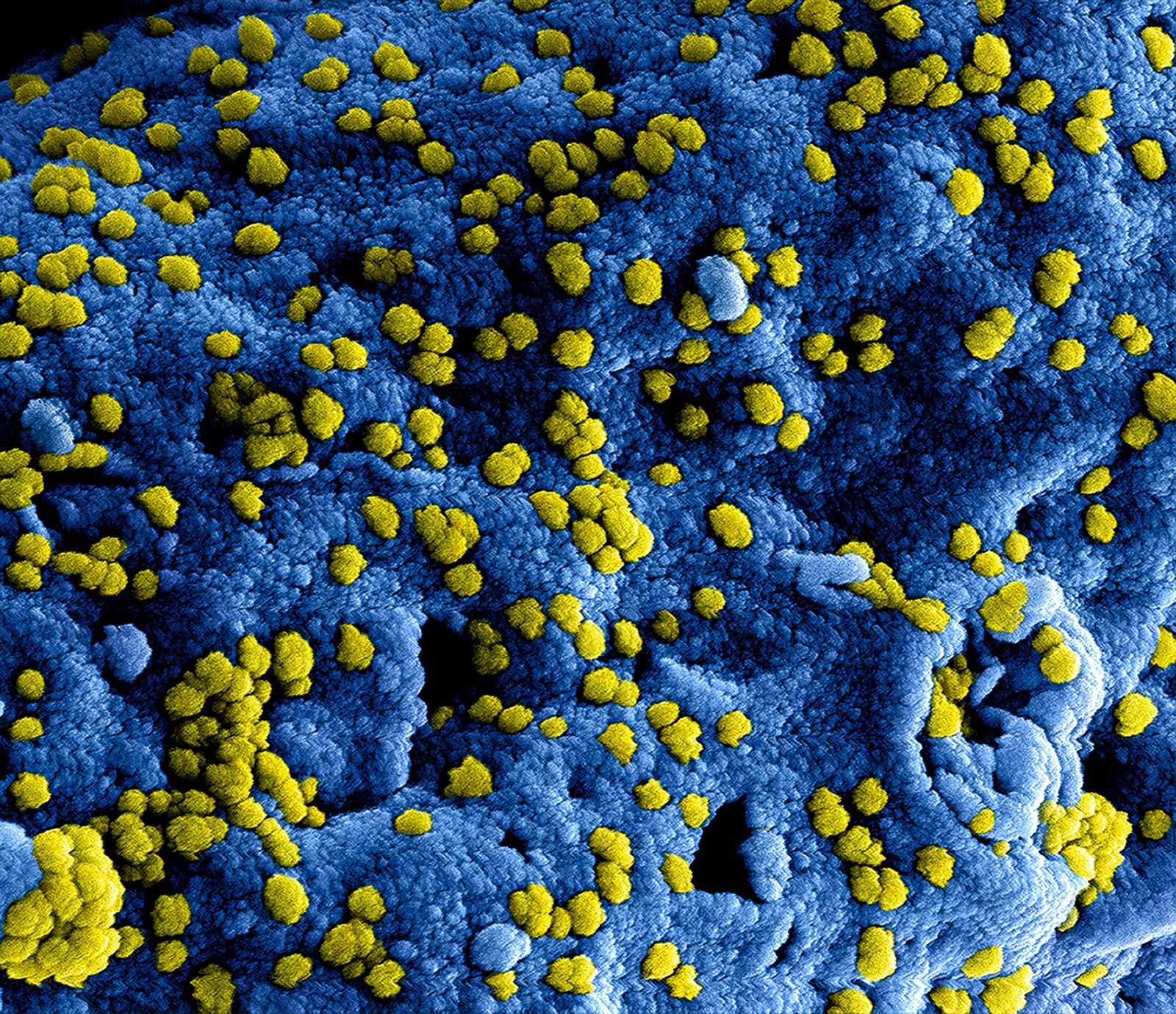COLORECTAL CANCER IS RISING IN INCIDENCE among young people, even as it declines among those over 50. But why? Is it diet or obesity? Today we explore the microbiome mystery, attempting to unveil the connection between gut health and early-onset colon and rectal cancer.
A new study suggests that the community of microorganisms in the body — the microbiome — may play a role in colon and rectal cancer rise among younger Americans.
Colorectal Cancer is Rising Among Young People
In recent years, there has been a concerning rise in the incidence of colorectal cancer among young individuals, challenging the previously held notion that this disease primarily affects older populations.
Colorectal cancer, which encompasses cancers of the colon and rectum, has traditionally been associated with individuals over the age of 50. However, an alarming trend has emerged, showing an increasing number of cases in younger adults, even in their 20s and 30s.
The United States is not the only country facing a troubling increase in early-onset colorectal cancer. Similar trends are occurring in Canada, New Zealand, Australia, and some parts of Asia and Europe. In most of these regions, the number of cases in younger adults started rising around 1995.
In the United Kingdom, for instance, colorectal cancer cases increased on average by 7.3 percent each year in 30 to 39-year-olds between 2005 and 2014, according to figures published by the International Cancer Benchmarking Partnership, partly funded by Cancer Research UK.
Troubling Colorectal Cancer Rise In Young Adults
COLON AND RECTAL CANCER IS ON THE RISE among those in their early 50s or younger. medium.com
This demographic shift has sparked widespread concern among healthcare professionals and researchers, intensifying efforts to understand the underlying causes and develop effective prevention, early detection, and treatment strategies.
Exploring the factors contributing to the rise in colorectal cancer among young people is crucial in addressing this evolving public health challenge and improving outcomes for this vulnerable population.
What is the Microbiome?
The microbiome refers to the vast and diverse community of microorganisms that reside within and on the human body. It encompasses bacteria, viruses, fungi, and other microscopic organisms that harmonize with our cells.
These microorganisms play a vital role in maintaining our health and overall well-being. Most of the microbiome resides in our gut, although it also inhabits other body parts, such as the skin, mouth, and reproductive organs.
The microbiome is incredibly complex and consists of trillions of microbial cells, collectively outnumbering our human cells. These microorganisms have coevolved with us over millions of years, establishing a mutually beneficial relationship.
The microbes help in essential functions such as digestion, nutrient absorption, immune system development, and even influencing our mood and behavior.

The microbiome is a crucial interface between our body and the external environment, pivotal in shaping our physiological processes.
Why is the Microbiome Important?
A healthy microbiome is characterized by a diverse array of microbial species that coexist in a balanced ecosystem. However, various factors can disrupt this delicate equilibrium, such as the use of antibiotics, a poor diet, stress, and environmental exposures.
Such disruptions can lead to an imbalance in the microbiome, known as dysbiosis, associated with various health issues, including inflammatory bowel diseases, allergies, obesity, and mental health disorders.
Studying the microbiome is a rapidly evolving field, with researchers striving to unravel its intricacies and decipher the connections between microbial communities and human health.
Advances in DNA sequencing and bioinformatics have enabled scientists to analyze the composition and function of the microbiome in unprecedented detail. This knowledge holds immense potential for developing personalized therapies, such as probiotics, prebiotics, and targeted microbiome interventions, to restore microbial imbalances and improve human health.
Understanding and harnessing the power of the microbiome represents a promising frontier in medicine and can potentially revolutionize our approach to healthcare.
Keep Your Second Brain Healthy
The gut microbiome affects our physical and mental well-being.medium.com
A Microbiome Link to Early-Onset Colorectal Cancer
A new study suggests the microbiome may play a role. Speaking in a press release, Dr. Benjamin Weinberg sets the stage:
“Younger people with colorectal cancer have more biologically aggressive cancers, and whatever survival benefit they have by being younger is outweighed by the more aggressive tumor biology. We also know that, for the most part, genetics doesn’t explain the recent rise in young-onset disease.”
Researchers delved into the microbiome of individuals with colon cancer, uncovering new insights into the complex relationship between gut health and cancer development.
They discovered that the bacteria, viruses, and fungi in tumors varied widely, depending on age (45 or younger versus 65 and older).

The study authors explain that certain microbes can disturb the gut lining. Such changes can cause colon cell DNA mutations, promoting cancer development.
A particular bacteria — Fusobacterium nucleatum (F. nuc) — can suppress colon immune responses, permitting cancer growth.
For this study, the scientists examined the DNA and microbiome of tumors from 36 patients diagnosed with colon cancer before 45. They also looked at specimens from 27 people diagnosed after 65.
The investigators detected 917 unique bacterial and fungal species in the tumors. Fusobacterium nucleatum was among the most common microbe in 30 percent of early- and late-onset tumors, respectively.
However, the microbial population differed: Cladosporium sp. was found more commonly in early-onset cancer. Pseudomonas luteola, Ralstonia sp., and Moraxella osloensis were seen more in older patients. Other microbes appeared only in the microbiome of those with late-onset disease.
Key points — Gut Instinct: Unraveling the Microbiome’s Role in Young-Onset Colon Cancer
Question. Colon cancer is increasing among younger Americans, who tend to develop more aggressive tumors. Could the microbiome play a role?
Findings. Microbial differences in tumor composition differed when researchers compared early-onset colon cancer to those with late-onset disease. A new preliminary study notes that certain microbes are more common in younger patients than older ones and vice versa.
Meaning. The microbiome may be an important factor in the development of colorectal cancer. Researchers hope to understand better the circulating microbiome, including bacteria that can be seen on a blood test. How does this correlate to gut and tumor bacteria? How does the microbiome influence cancer progression? The researchers plan to continue exploring the relationship between the microbiome and other factors contributing to colon cancer.
Diet, obesity, exercise, and some drugs (including antibiotics) can affect the types and numbers of bacteria in our gut.
Unhealthy diets and gut bacteria are connected in another way. Both can lead to inflammation — our body’s reaction to injury, irritation, or disease. One mouse study showed that a high-fat diet triggered gut inflammation and accelerated intestinal tumor growth.
Oh, one more thing:
10 Practical Tips to Improve Your Microbiome
Improving your microbiome through lifestyle choices can positively impact your health and well-being. Here are several ways you can enhance your microbiome:
- Eat a diverse and balanced diet. Include vegetables, whole grains, legumes, nuts, and seeds in your diet. These foods are rich in fiber, which nourishes beneficial gut bacteria.
- Consume fermented foods. Foods like yogurt, kefir, sauerkraut, kimchi, and miso contain live beneficial bacteria that can help diversify your microbiome. I envy my natto-eating family.
- Minimize processed foods. Highly processed foods often lack fiber and are typically low in nutrients. They can negatively affect the composition of your gut bacteria. Aim to eat whole, unprocessed foods as much as possible.
- Reduce sugar and artificial sweeteners. Excessive sugar consumption can disrupt the balance of your gut bacteria. Additionally, some artificial sweeteners have negative effects on the microbiome. Moderation is key.
- Stay hydrated. Drinking an adequate amount of water is crucial for maintaining a healthy microbiome. Water helps support digestion and the transport of nutrients to your gut bacteria.
- Manage stress levels. Chronic stress can hurt your gut health. Engage in stress-reducing activities such as exercise, meditation, yoga, or hobbies to promote a healthier microbiome.
- Get enough sleep. Lack of sleep can disrupt the balance of your gut bacteria. Aim for 7–9 hours of quality sleep each night to support a healthy microbiome.
- Exercise regularly. Regular physical activity influences the diversity and abundance of gut bacteria positively. Find activities you enjoy and incorporate them into your routine.
- Limit antibiotic use. While antibiotics are sometimes necessary, they can also disturb the balance of gut bacteria. Use antibiotics only when prescribed by a healthcare professional and follow their instructions carefully.
- Consider probiotic supplements. Probiotics are beneficial bacteria supporting a healthy microbiome. Please consult a healthcare professional to determine if a probiotic supplement is appropriate.
Do Probiotics Improve Health? What You Need to Know
PROBIOTICS ARE LIVE MICROORGANISMS intended to have positive health effects when consumed (or applied to the body)…medium.com
Finally, everyone’s microbiome is unique, and what works for one person may not work for another. It’s important to make gradual, sustainable changes to your lifestyle and listen to your body to find what works best for you.
Are Antibiotics Linked to Colon Cancer?
medium.com
The information I provided in this blog is for educational purposes only and does not substitute for professional medical advice. Please consult a medical professional or healthcare provider for medical advice, diagnoses, or treatment. I am not liable for risks or issues associated with using or acting upon the information in this blog.
Thank you for reading “Early-Onset Colon Cancer.”




